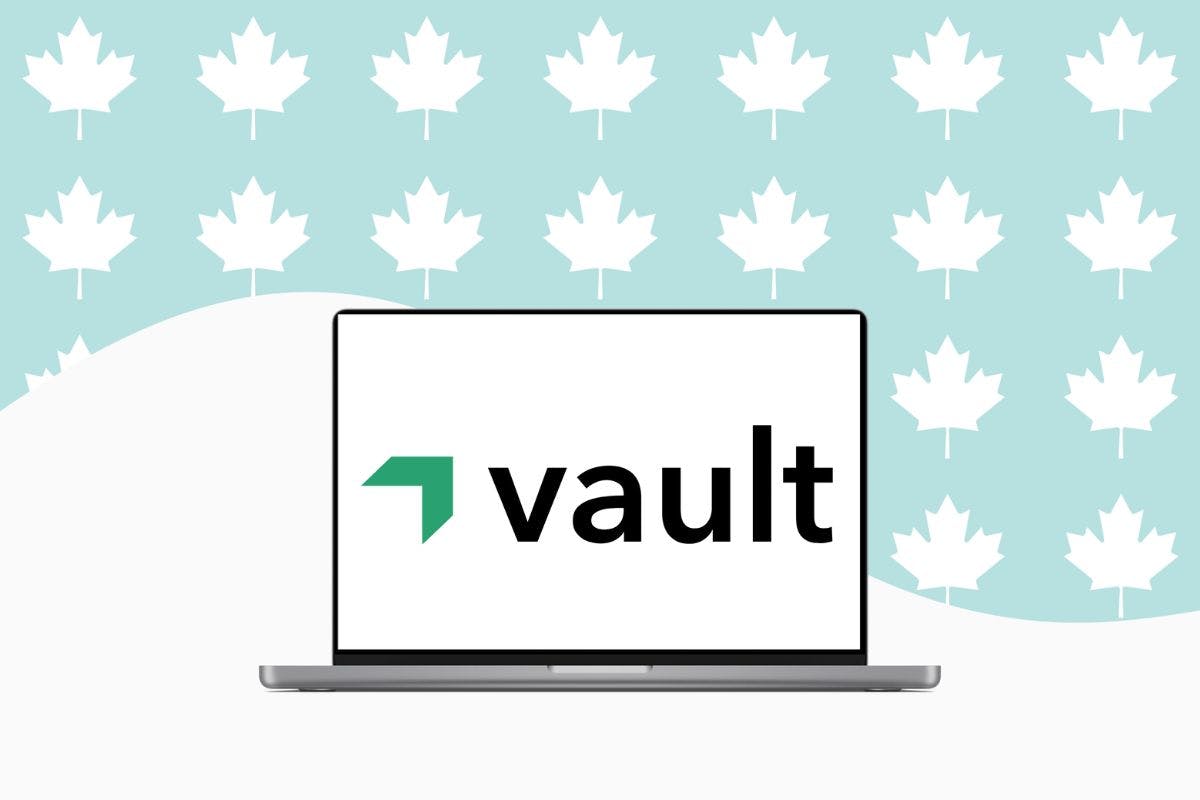Compare
Business Credit Cards
Find the best credit card for your needs by answering a few questions
Which benefits would you like to have ?
Enter your monthly expenses and get an estimate of your rewards for each credit card
- All cards
- My selected cards
Frequently asked questions about Business Credit Cards
How do you get a business credit card in Canada?
To obtain a business credit card in Canada, you need to provide a few pieces of documentation to the credit card issuer. This can include your trade name registration (if you are a sole proprietor) or your articles of incorporation (if your business is incorporated). Some business credit card issuers may also require the business financial statements and other details such as the number of active years to be provided. In addition, you will also be asked to provide your personal credit details to validate your creditworthiness as a borrower. As long as your personal credit history is acceptable and you furnish all the aforementioned documentation, it is a relatively simple process to receive a business credit card in Canada.
Does a business credit card affect your personal credit score?
impact to your personal credit score. Can I get a business credit card with bad personal credit?
Can you write off business credit card interest and fees?
How do you qualify for a business credit card?
What is the best business credit card for travel rewards?
Are business credit card cash rewards taxable in Canada?
Are all business credit cards personally guaranteed?
Can a sole proprietor get a business credit card?
Can I apply for a business credit card without a business?
Can I use my personal credit card for business expenses instead of getting a business credit card?
Our most recent posts about business credit cards in Canada

Business

Jeeves Credit Card: Is It the Corporate Card your Company Needs?
Founded in 2019, Jeeves is a technology services provider. Their platform allows entrepreneurs to open muti-currency accounts and create an endless number of corporate cards that can be used worldwide. In Canada, almost half of large companies export, compared to less than 30% for smaller businesses. Many companies also hire staff in different countries. Jeeves […]

Business

The 9 Best Business Credit Cards in Canada for 2024
What is the best business credit card in Canada? We’re all pretty familiar with choosing credit cards for personal use. But if you’re a business owner, you might be wondering if there’s a credit card that can help you take things to the next level. Or, at the very least, support your day-to-day business needs. […]

Business

Vault Review: The Answer to Your Business Banking Woes?
Do you feel lost and overlooked by the banking giants? I see you over there, nodding so hard your head might fall off. Vault is Canada’s newest fintech attempting to shake up the business banking experience. But does it live up to the hype of solving all your modern banking pain points? Let’s dive into […]